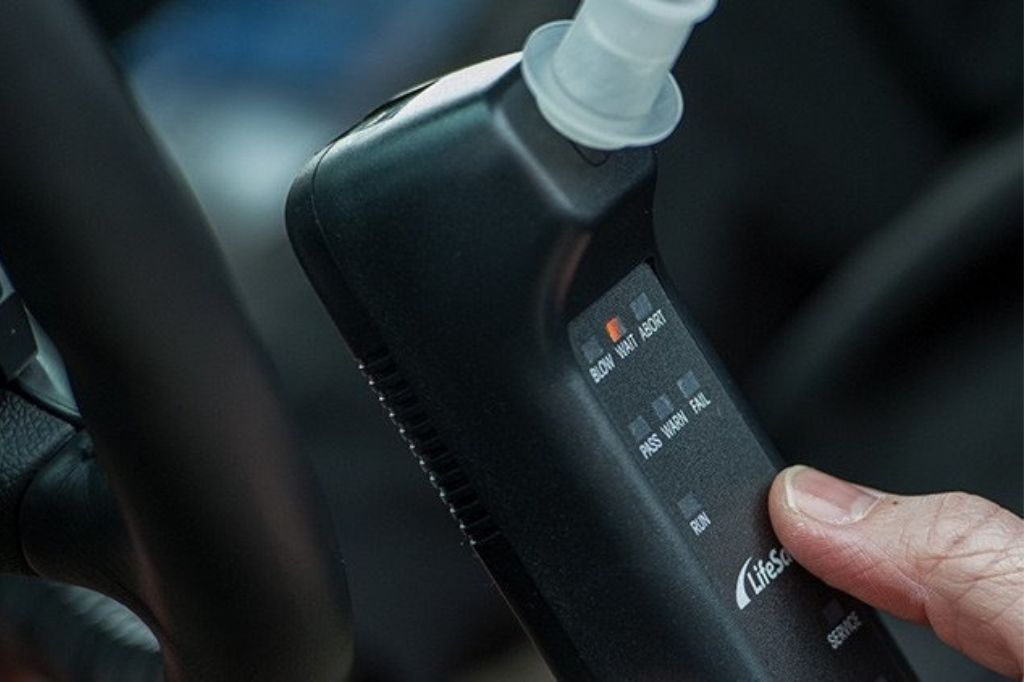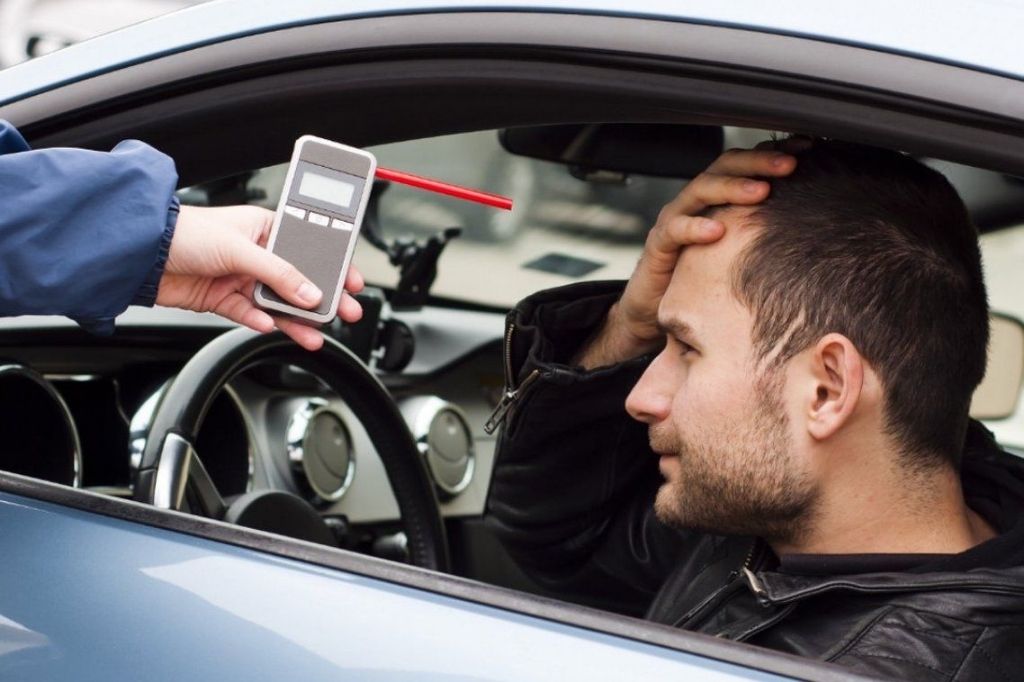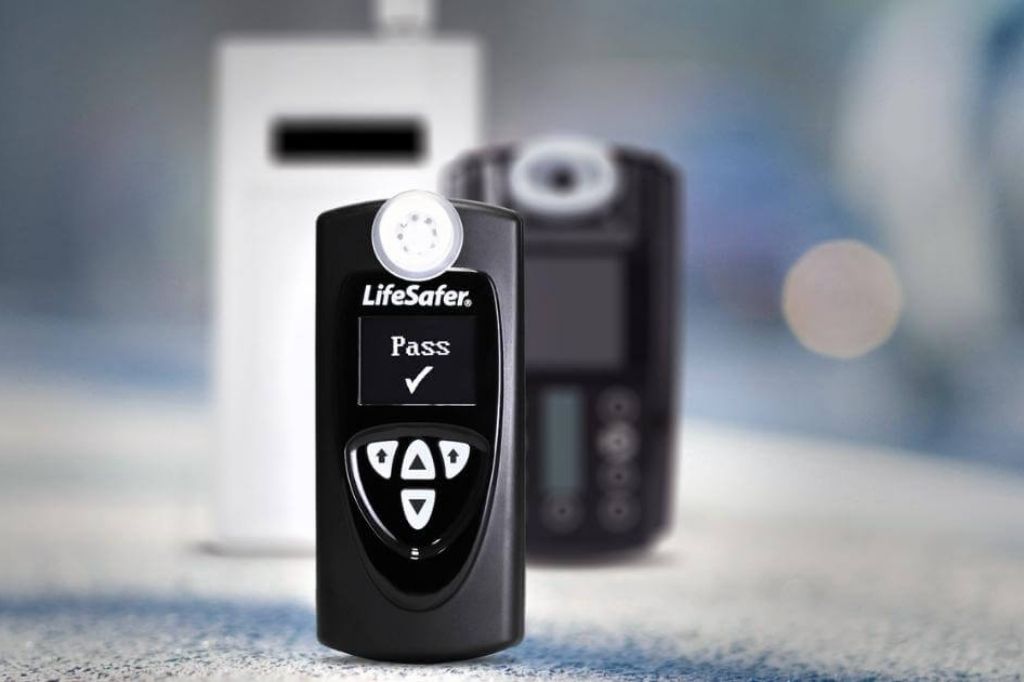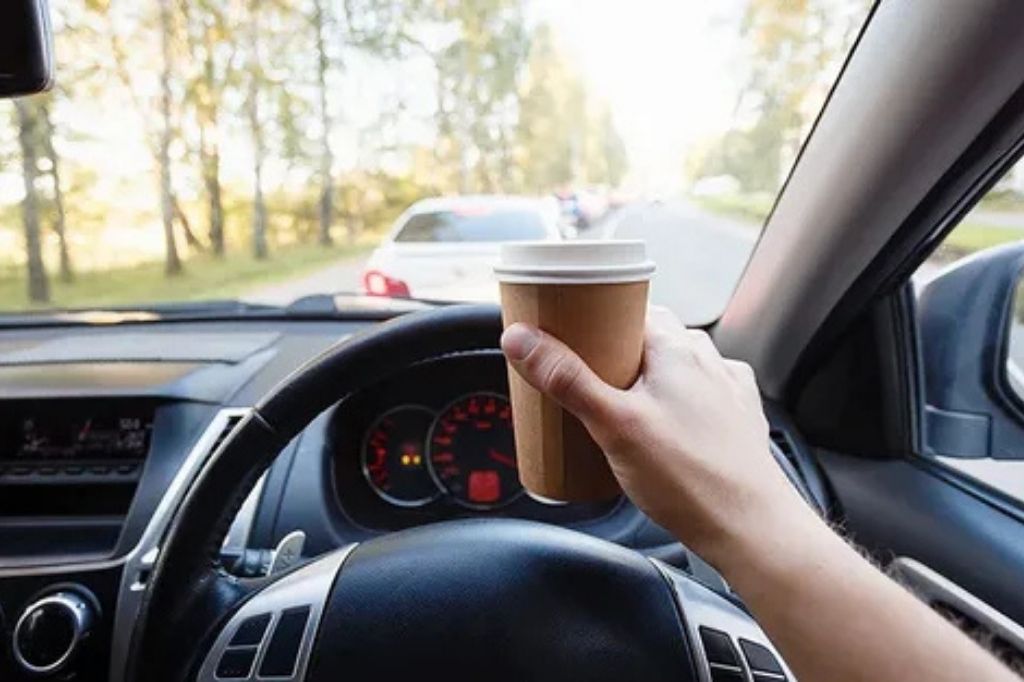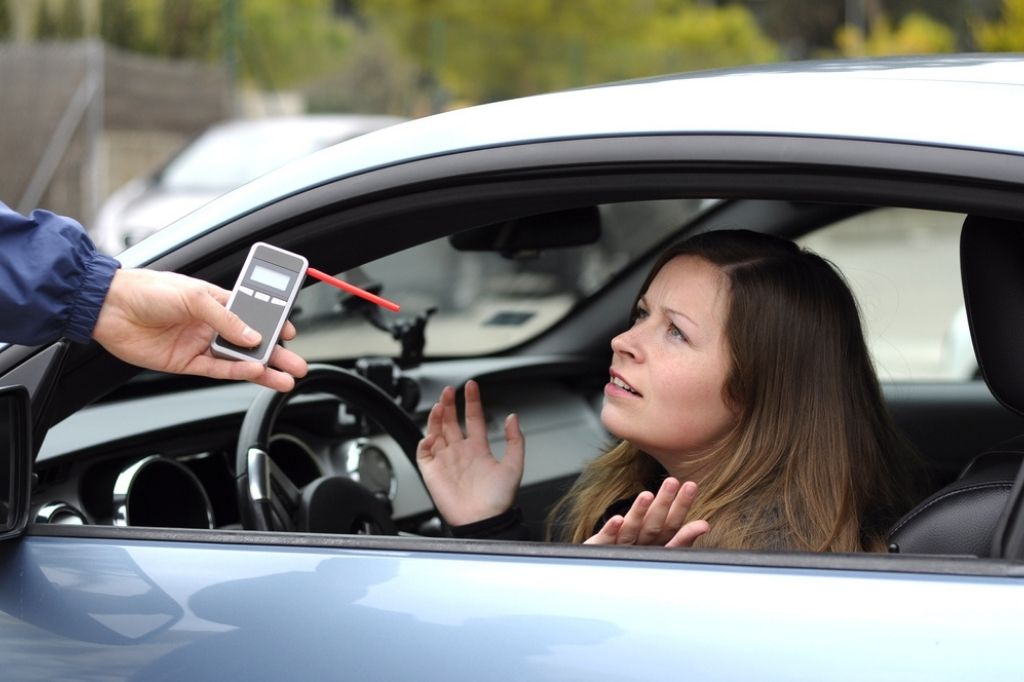Sometimes people have to have various devices installed in their vehicles due to obligations or legal requirements. And one of the most frequently asked questions in such a situation is this: Does LifeSafer Interlock Have GPS? Yes, for those who want to learn how these devices work, it may seem a little complicated at first glance. In fact, the main goal is quite simple; to prevent situations such as drunk driving! However, for some users, when tracking features such as GPS are introduced into the business, there may be some hesitation whether they want to or not.
In this article, we will discuss whether LifeSafer Interlock really has GPS capability and we will examine the other features of the device in detail.
What is LifeSafer Interlock and How Does It Work?
LifeSafer Interlock is a kind of car locking device; more precisely, a device that asks you to take an alcohol test before driving. Imagine that you need to do a breath test before turning the ignition of your car, and if this device detects the smell of alcohol, it does not start the engine. In this way, it prevents you from getting behind the wheel drunk. Especially if you have a criminal record for drunk driving, it may become mandatory to use this device.
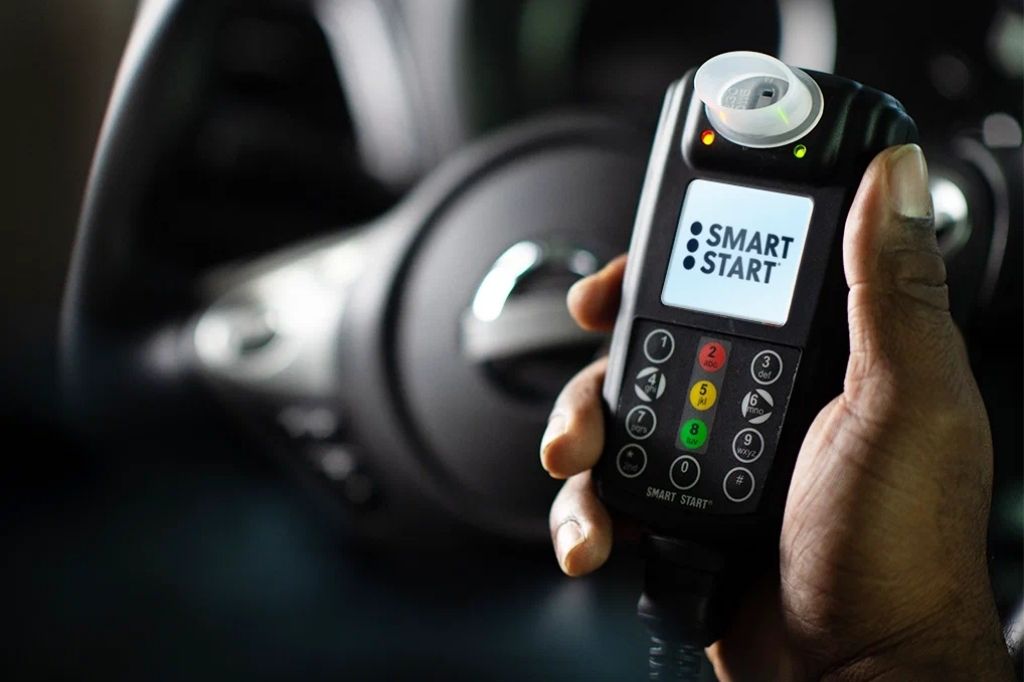
Although LifeSafer Interlock actually works with a simple principle, it has a fairly advanced technology in the background. When you blow into the device, sensors measure your alcohol level and prevent the engine from starting if it is over the limit. This limit is usually at a level as low as 0.02 percent promil. LifeSafer devices are known to be very sensitive and extremely successful in detecting alcohol, so it’s almost impossible for them to give the wrong result.
Of course, as technology develops, new features are being added to such devices. As a matter of fact, many users are wondering: do LifeSafer Interlock devices have GPS capability? In fact, the answer to this question may vary depending on which state or which legal regulations apply. Since GPS tracking is mandatory in some places, LifeSafer can also offer GPS-enabled models.
GPS Tracking and Vehicle Locking Devices
First of all, why a feature such as GPS tracking is added to such devices, let’s clarify it. In some legal regulations, it has been made mandatory for vehicle locking devices to be equipped with GPS, which is more for security and inspection purposes. For example, if the driver does not need to drive outside a certain area, or if the use of the car is restricted during certain hours, GPS tracking works here. Thus, the device not only performs an alcohol test, but also monitors the driver’s location, checking whether he is complying with the law.
Of course, this feature is not applicable on every device and in every state. I mean, some interlock devices have GPS, while others don’t. In this case, whether the LifeSafer Interlock device has GPS capability or not varies depending on the legal regulations and device model you are connected to. LifeSafer provides both variants with and without GPS to adjust to various legal criteria.
In certain jurisdictions, LifeSafer is able to provide devices that satisfy court mandates for GPS-enabled devices when such demands arise. Still, customers who want devices without GPS capabilities have an alternative as long as there is no legal duty.
Related Article: Lifesafer Interlock Says High
Is There a GPS on the LifeSafer Interlock Device?
Regarding the primary concern: Does the LifeSafer Interlock Device include GPS? Indeed, LifeSafer offers tools both with and without GPS capacity. Usually, the demands of the courts or the relevant legal authorities decide whether the gadget is GPS enabled or not.
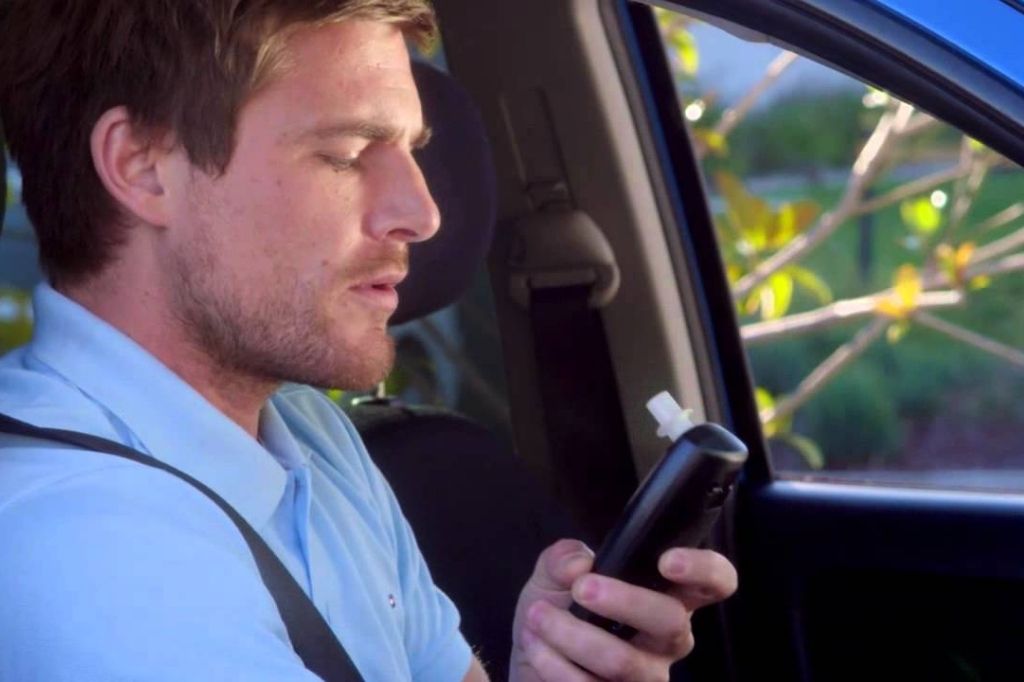
A GPS-enabled interlock device allows the supervisory authority to track the vehicle’s location. This may also be something that the courts want in some cases, especially if the driver needs to stay away from a certain area. However, many users are concerned about GPS tracking, because this can raise questions about privacy and freedom. LifeSafer aims to relieve users who are concerned about privacy by offering GPS-enabled devices only in mandatory cases.
When it is necessary to use GPS-enabled devices, this data is usually only accessible by authorized persons. Court-appointed supervisors or security guards can access GPS data to ensure legal tracking.
Pros and Cons of Having GPS in LifeSafer Interlock
There are some advantages and disadvantages of the GPS tracking feature being available on devices such as LifeSafer. One of its advantages is the facilitation of compliance with legal regulations. If the court has asked you not to enter certain areas or drive outside certain areas, this control can be provided with the GPS feature. This feature can be especially useful in terms of increasing awareness of responsibility.
In addition, it also provides security for family members or relatives. Perhaps some people may think that the fact that such devices are equipped with GPS carries an element of security for them. After all, tracking the vehicles of people who have caused serious accidents in the past, in particular, can be important for community safety.
But of course, there are no disadvantages of GPS either. First of all, it can be perceived as a violation of privacy; many people may feel uncomfortable with the feeling of being constantly monitored. In addition, the cost of devices with GPS capability may also be higher. This means an additional financial burden for the person who has to use this type of device Oct.
How Do You Know If There Is a GPS On the LifeSafer Device?
If you are required by the court to use a LifeSafer Interlock device, how will you find out if it has a GPS? In fact, it’s very simple; by contacting the court officer or LifeSafer customer service, you can find out what features the device should carry.
Usually, the court decision specifies whether GPS is mandatory or not. If GPS is mandatory, LifeSafer will provide you with a suitable device. Providing this flexibility stands out as one of the factors that increase the reliability and legal compliance of LIFESAFER.
LifeSafer customer service is usually quite caring and helpful. So, if you have doubts about anything, you can call and ask without hesitation. They will be pleased to guide you on the installation, specifications and legal compliance of the device.

